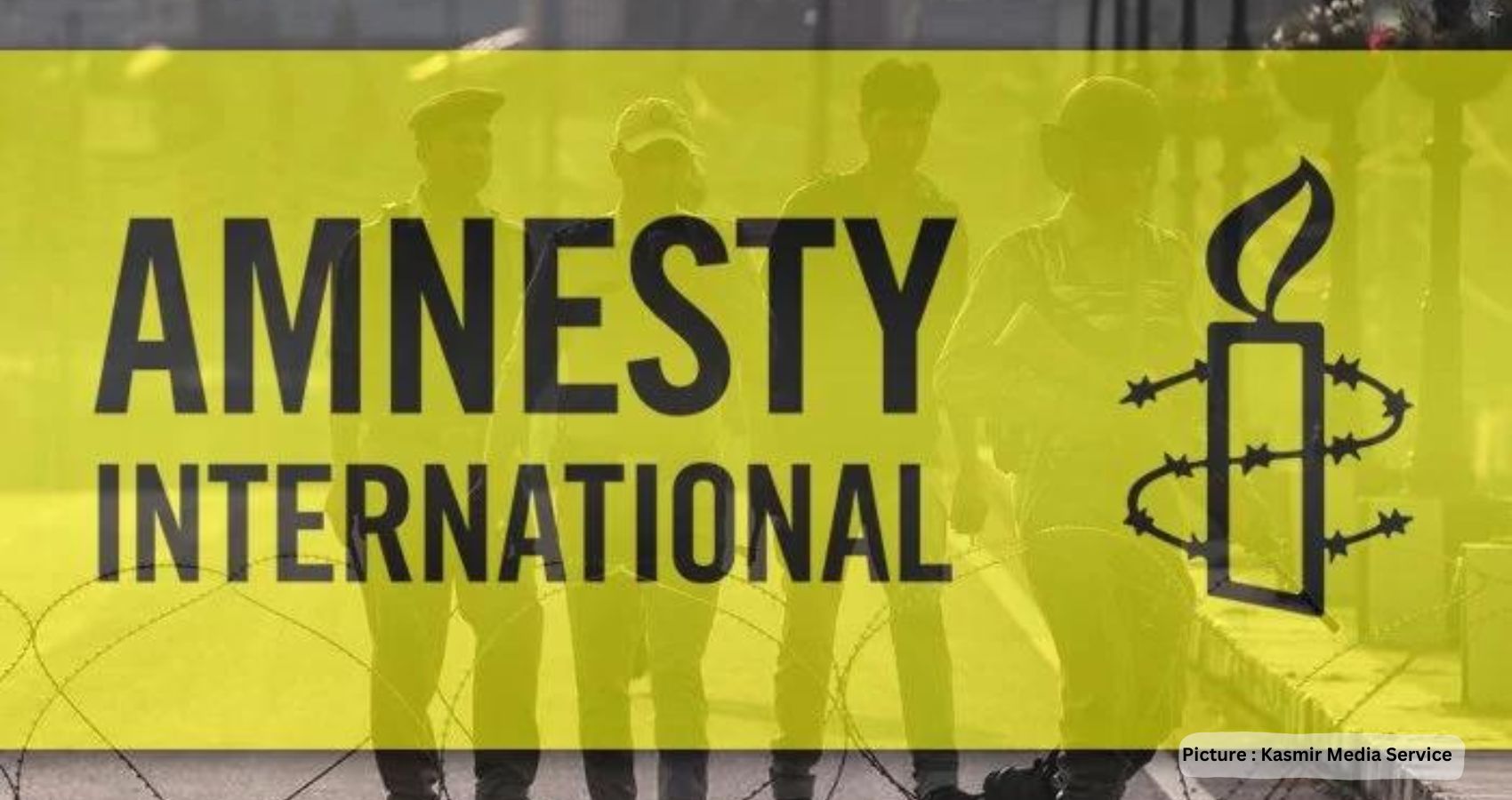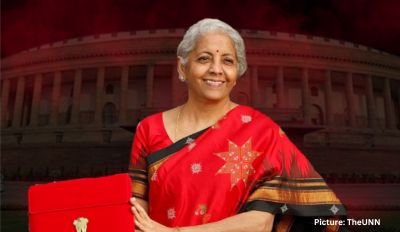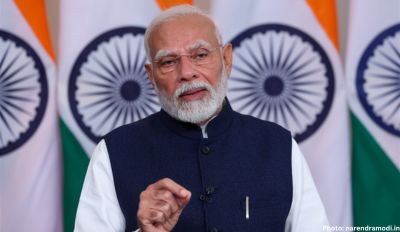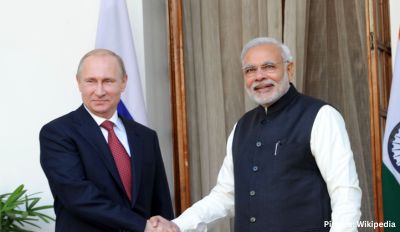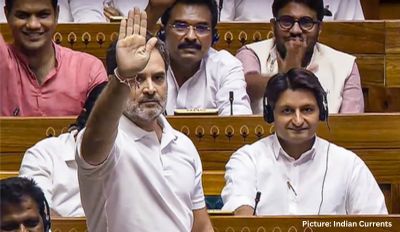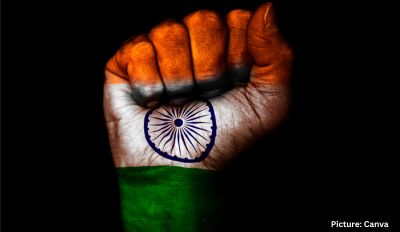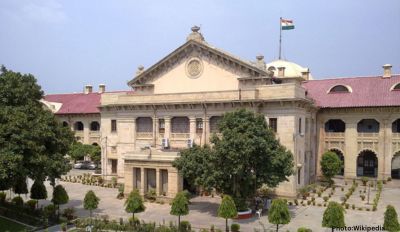(APP): The erosion of the rights of human rights defenders and religious minorities, use of repressive laws including counter-terrorism and money laundering to silence dissent, prolonged detentions, and killings feature today’s India as exposed by Amnesty International in its latest report.
The report “The State of the World’s Human Rights 2022/23” said the Indian government “selectively and viciously cracked down on religious minorities, and explicit advocacy of hatred by political leaders and public officials towards them was commonplace and went unpunished.”
It said that during the said period, the punitive demolitions of Muslim family homes and businesses were carried out with impunity.
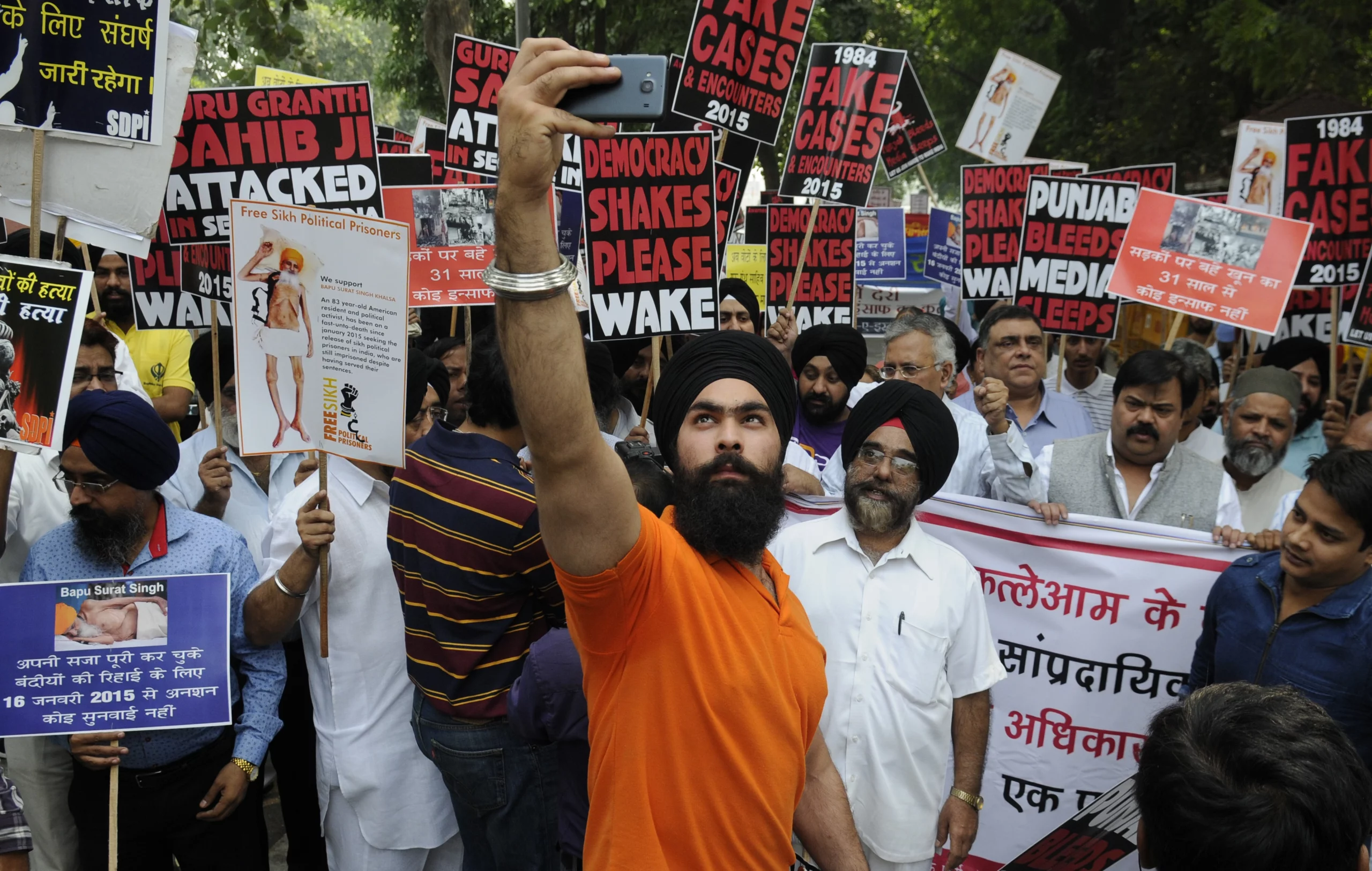
“Peaceful protesters defending minority rights were presented and treated as a threat to public order. Repressive laws including counter-terrorism legislation were used rampantly to silence dissent. Authorities intimidated human rights defenders using digital technologies, including unlawful surveillance,” the report said.
Amnesty highlighted that Adivasis and marginalized communities including Dalits continued to face violence and entrenched discrimination.
It said that in a continuing pattern of harassment and intimidation, unlawful and politically motivated restrictions were placed on civil society organizations and human rights defenders including activists, journalists, students and academics.
On 14 July, the lower house of parliament banned a number of ordinary words from being spoken during parliamentary debates including, among others, “corrupt”, “sexual harassment”, “criminal”, “eyewash”, “incompetent” and “hypocrisy” to police the speeches of opposition members of parliament.”
In September last, mass raids were carried out against the NGO Popular Front of India (PFI) and its affiliates across India which was later declared an “unlawful association” under counterterrorism law, for its alleged involvement in the “funding of terrorism and terrorist activities”, despite no such charges and trials and against those arrested.
The Indian Supreme Court had upheld provisions of the Prevention of Money Laundering Act (2002) relating to the powers
of arrest, confiscation of property. These powers have been repeatedly abused to repress civil society and limit dissent.
Throughout the year, the authorities routinely used international travel bans to stifle independent voices including the human
rights activist and former head of Amnesty International India, Aakar Patel, journalist Rana Ayyub and at least two Kashmiri
journalists who were scheduled to speak abroad on India’s human rights situation.
The government cracked down on critics by resorting to arbitrary arrests, including without following due process, under
draconian and repressive laws.
On June 28, Mohammed Zubair, co-founder of the independent fact-checking website ALT News, was arrested by police in New Delhi, for denouncing discrimination against minorities and criticizing increased censorship.
Eleven human rights activists continued to be detained without trial in Maharashtra state under the UAPA. They were academics Shoma Sen and Hany Babu; tribal rights activist Mahesh Raut; poet Sudhir Dhawale; lawyer Surendra Gadling; civil rights activists Rona Wilson, Arun Ferreira and Vernon Gonsalves; and three members of the cultural group Kabir Kala Manch – Ramesh Gaichor, Jyoti Jagtap and Sagar Gorkhe.
Journalist Siddique Kappan and three others remained detained under laws on sedition and the UAPA. The authorities imposed new restrictions on freedom of expression and peaceful assembly. The High Court of Karnataka upheld a state order restricting all protests to a designated area in the state capital, Bengaluru. The Gujarat state police detained human rights activist Sandeep Pandey along with seven others who were due to participate in a march demanding a public apology to gang-rape survivor Bilkis Bano as the convicts been released from prison by the Gujarat government.
The Indian government used criminal laws disproportionately against religious minorities, particularly Muslims as the police routinely arrested Muslims for acts including offering prayers, conducting legitimate business transactions, and eating beef.
In the states of Haryana, Uttar Pradesh, Madhya Pradesh, Kerala and Gujarat, public calls were made by some Hindu groups for the economic boycott of Muslim businesses.
Hate crimes including violence against Dalits and Adivasis were committed with impunity. More than 50,000 suspected crimes against members of Scheduled Castes and more than 9,000 crimes against Adivasi people were reported in 2021.
Several Kashmiri journalists were arrested, including Fahad Shah, Aasif Sultan and Sajad Gul. After being granted bail by local courts, they were re-arrested almost immediately under the UAPA. Journalists Aakash Hassan and Sanna Irshad Mattoo were prevented from travelling abroad by the immigration authorities without a court order, warrant or even a written explanation.
According to official data, Jammu and Kashmir accounted for the highest proportion of deaths involving the police in India between April 2020 and March 2022.
As per the report, the perpetrators continued to commit sexual and domestic violence with impunity. The government of the state of Karnataka imposed a ban on women and girls wearing headscarves (hijab) in public schools which also led to harassment of Muslim women and girls.

